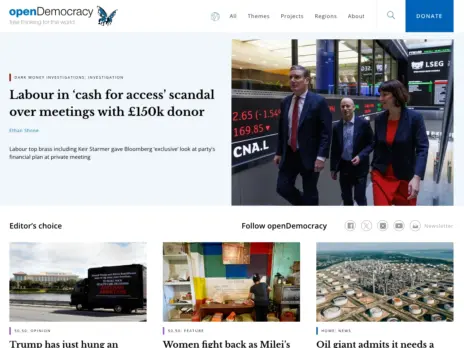
Former Vogue editor-in-chief Alexandra Shulman has suggested that the future of print magazines could lie in switching to less frequent, special editions, allowing media companies to take costs out of the business while maintaining their established format.
However, for publishers to weather the storm facing the sector, cost reduction alone is not enough and exploring alternative revenue streams will be vital to future proof their business models.
Last month, fashion and beauty magazine Marie Claire became the latest print title to lose its space on the newsstand, joining 22 other titles which have closed in the UK since August 2014.
In recent years, the growing availability of free content online and competition for consumers’ leisure time from streaming services like Netflix have had a significant impact on magazine sales.
Last year, just 481m consumer magazines were sold – 60 per cent less than in 2005 – and advertising revenue has plummeted as a result, further compounding the situation.
To survive these challenging trading conditions, media companies need to take bold steps to transform their business models and improve profitability. Issuing print magazines less frequently as special editions could prove effective as part of a holistic strategy, but is not a silver bullet.
Done in isolation and not executed properly, a move to limited editions could have a negative impact.
A title that is heavily reliant on a print product might simply see a reduction in revenue from customers and advertisers without a proportional reduction in cost, thus simply eroding margins. It could also confuse and alienate previously loyal readers, who would no longer know when the product will be available.
For a business model based on special editions to be financially viable, the print product should form one revenue stream of a diversified brand with other channels, such as events, e-commerce, memberships, affiliates and digital. In this situation, the print product may become a marketing vehicle for a brand, driving consumers to other channels.
Critical to the success of this type of multi-channel strategy is customer data. Successful publishers will use data insights to develop a better understanding of the types of content and products that consumers engage with. This allows them to be more targeted across channels and generate other ways of monetising their consumers, such as targeted micro-payments or affiliates.
In addition to traditional print or digital commercial models, publishers should consider packaging content in innovative ways.
For example, they could trial a novel pay-to-view system based on micro-payments – financial transactions involving a small amount of money. This would allow customers to purchase individual articles or small bundles of premium content online, rather than paying for a monthly subscription or the entire magazine.
As part of their efforts to diversify, businesses in the sector should also look at new ways to drive advertising revenue.
By developing a large customer database and strong brand around their non-print products, media companies will be in a better position to secure affiliate advertising deals and become a trusted partner. For example, a golfing magazine with a large volume of customer data would likely prove an attractive advertising vehicle for a provider of luxury golfing holidays.
In general, titles with a niche readership and strong differentiating factor are likely to persuade consumers to pick them up off the shelf, especially if the target demographic has a significant amount of disposable income.
Ultimately, in order to drive value by reducing the frequency of print editions, media companies must be confident that the print product forms part of a strong multi-channel strategy, supported by customer data.
If this is not the case, it’s important to consider whether the money spent on producing the publications would be better spent in other ways – by emulating Marie Claire in switching to a digital-first model, for example.
It won’t be long before the next print magazine closure hits the headlines, but by making radical changes to their business models, media companies can buck the trends facing the sector.
By combining a cost-reduction drive with expansion into customer-focused revenue streams, publishers can future-proof their commercial strategies and ensure their survival.
Simon Woodcock is a director and media sector specialist at management consultancy Vendigital.
Email pged@pressgazette.co.uk to point out mistakes, provide story tips or send in a letter for publication on our "Letters Page" blog






